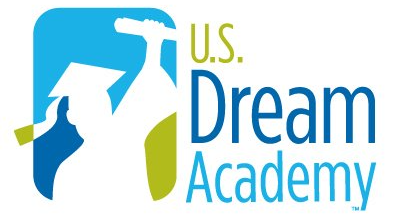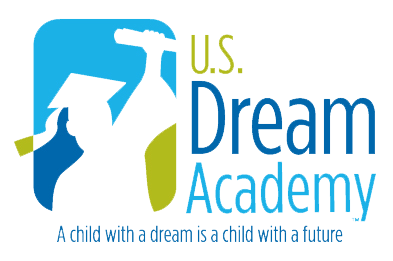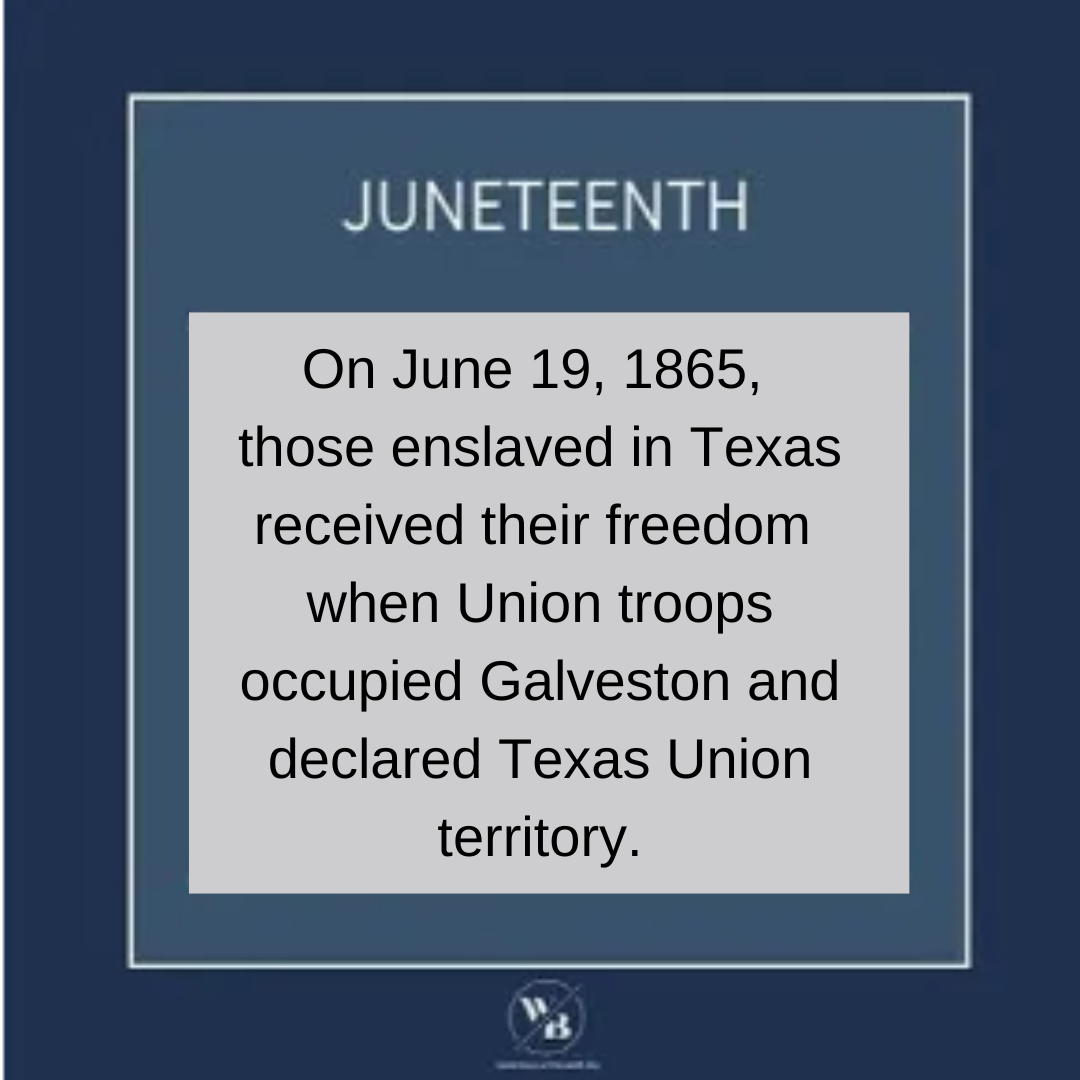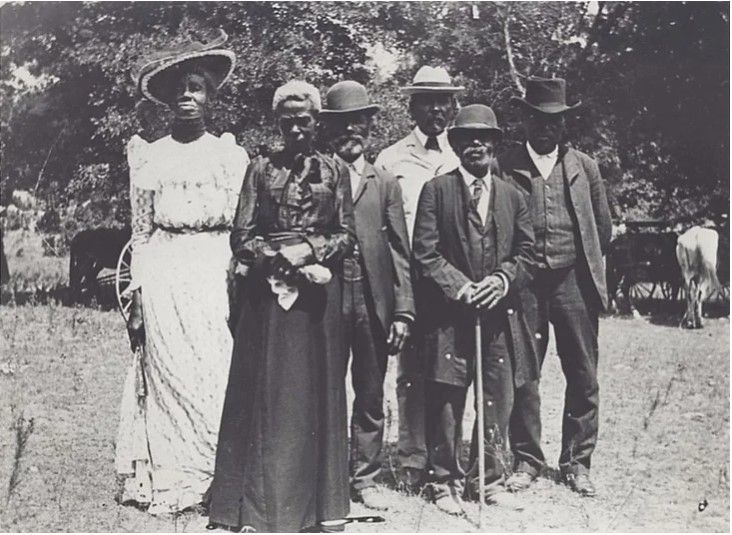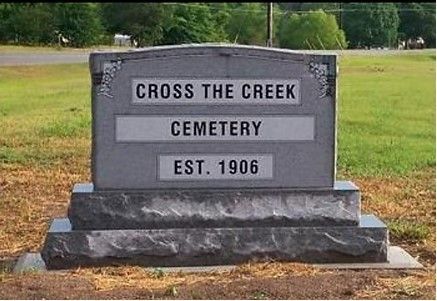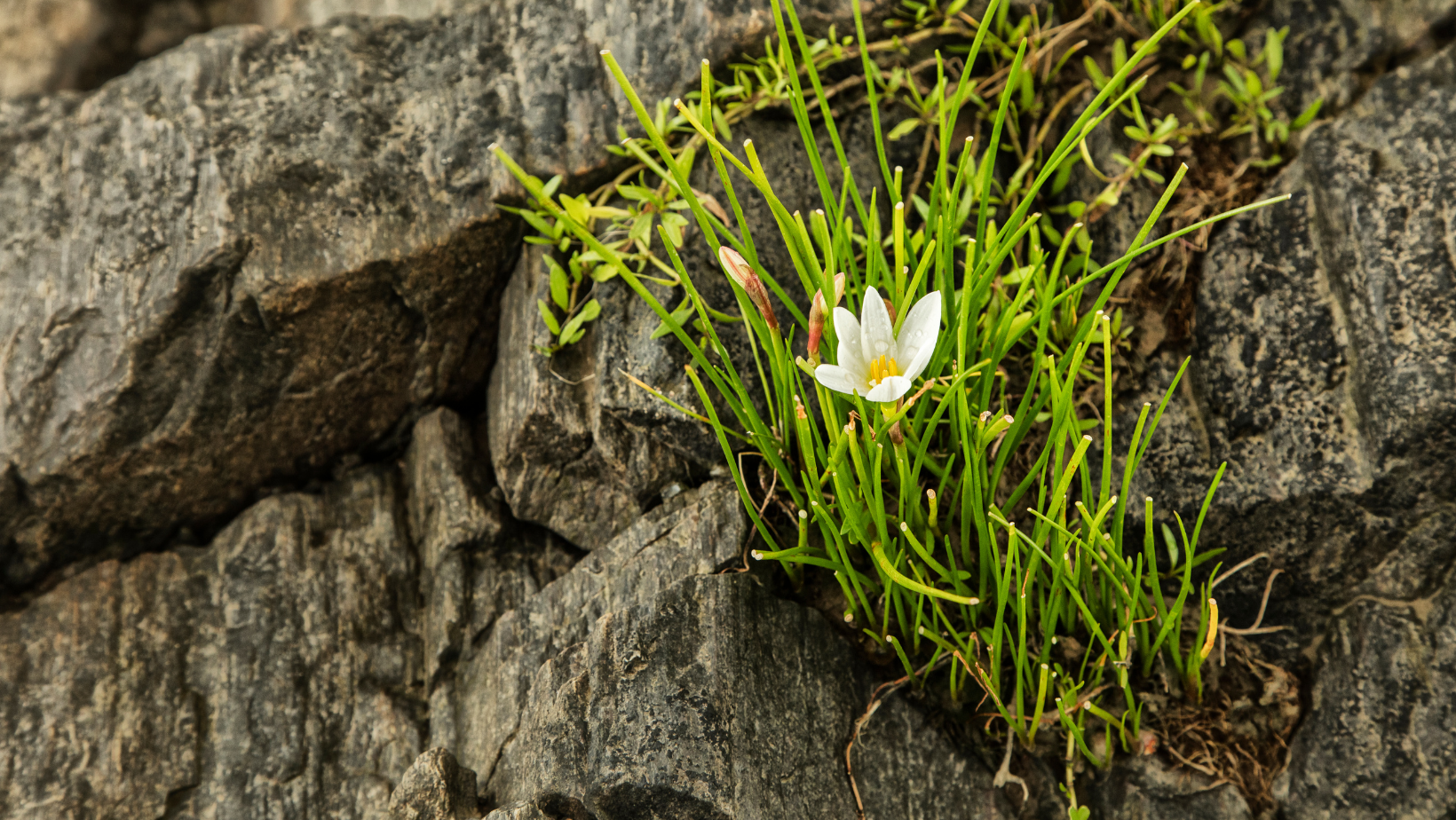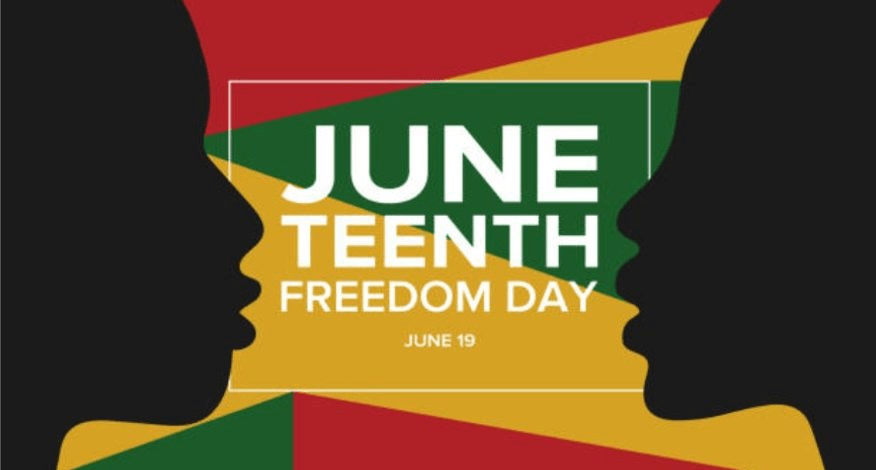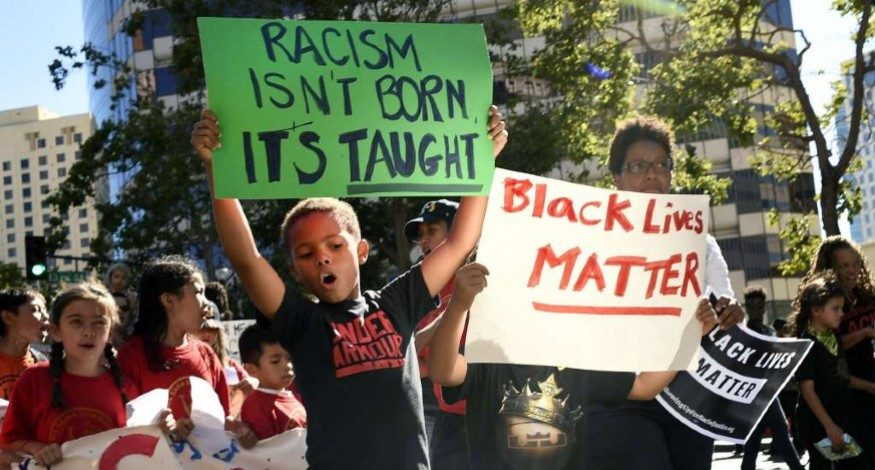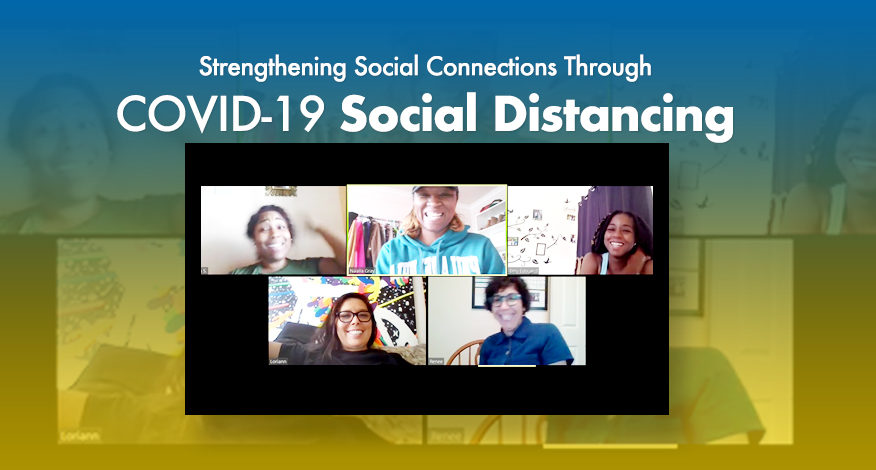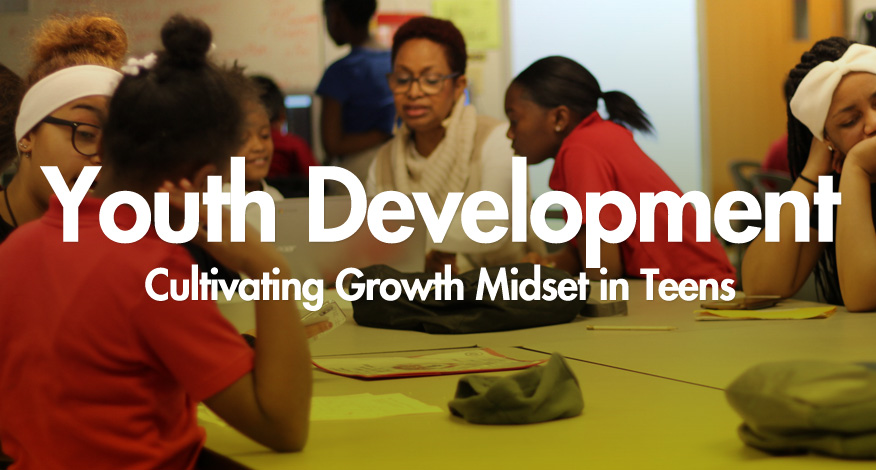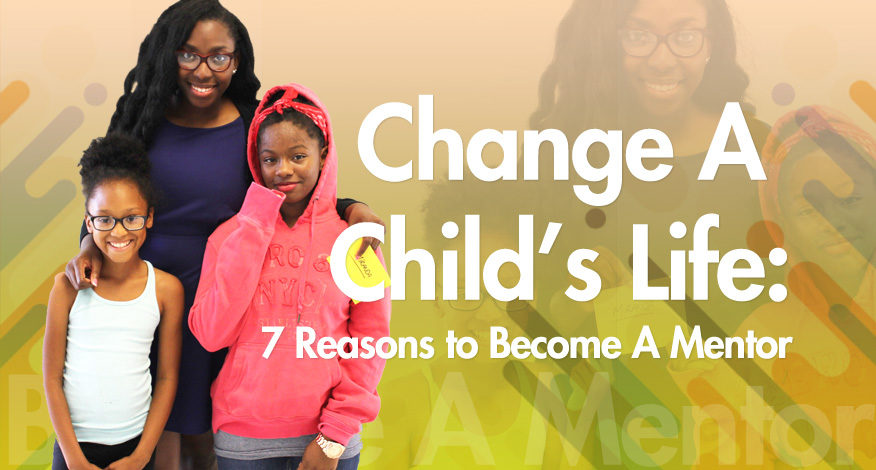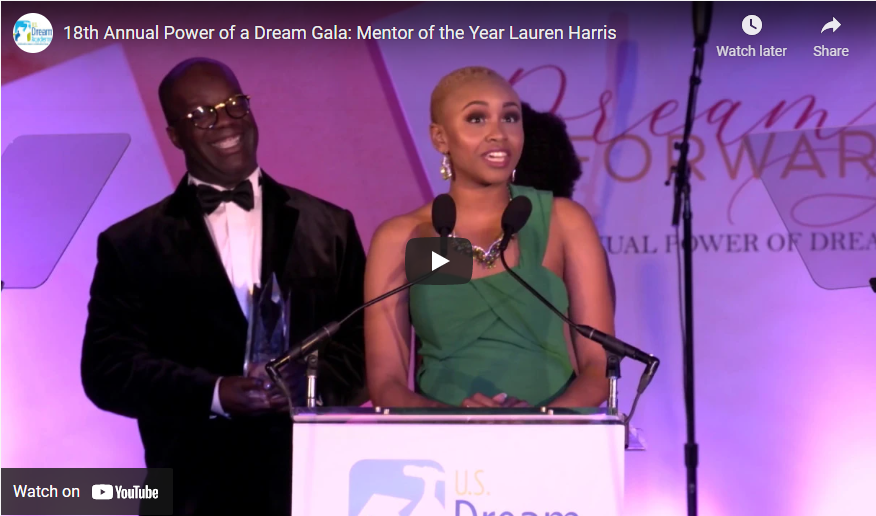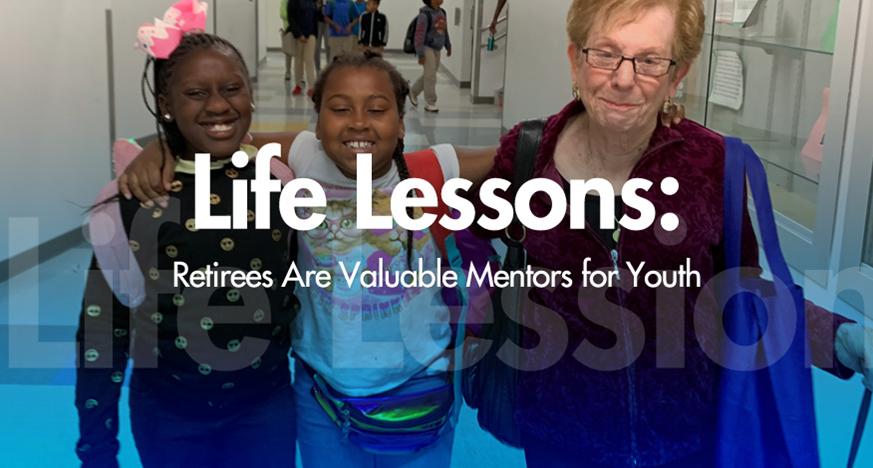It would be six more months before the 13th Amendment would be added to the Constitution, making slavery illegal throughout the United States, except in prisons.
I cannot even begin to imagine what that moment must have been like for Maria to learn that she, her husband and two children would be free. After 20 years of enslavement, the moment she had dreamed of had finally arrived - the moment of freedom!
I don’t know much about Maria Simms Wallace. My sister, a historian, spent hours researching our family lineage. She was able to find Maria Simms Wallace in the 1870 U.S. Census as a 25-year-old woman with two children. Maria worked as a “Farm Laborer” along with her husband William Wallace (my great great grandfather) who was also a “Farm Laborer”. They lived in Florida at that time and later moved to Dublin, Georgia.
While the census had been conducted for 80 years, the 1870 census was the first time that the U.S. Census listed Black people by name. Prior to that enslaved Black people were counted in the census only as property of a slaveholding household - rendering millions of Black people nameless in history.
